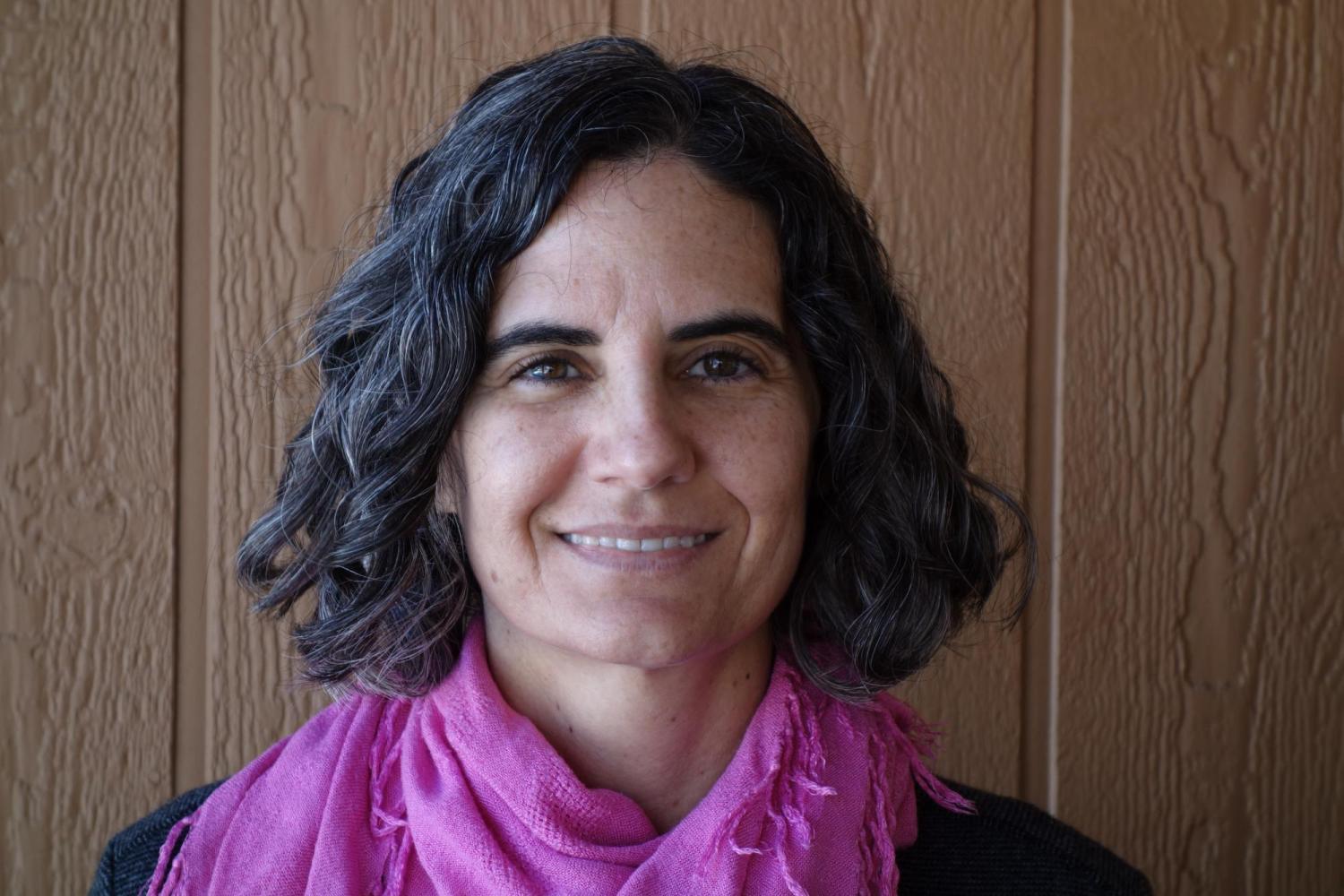Julie Sexton
- Research Associate
- ENVIRONMENTAL STUDIES

Research Interest
Julie Sexton conducts discipline-based education research focused on understanding persistence, success, recruitment, and retention of underrepresented and underserved groups in geoscience, biology, and environmental studies. Her research is situated at the intersection of education, psychology, sociology, and natural/physical sciences. This research falls into the three general categories below, with diversity, equity, and inclusion serving as a foundation for each category.
1. Understanding and Addressing Barriers and Supports for Students' Academic and Career Paths: Julie examines how contextual factors (e.g., teaching approaches, gender discrimination, social climate, sense of belonging) and personal factors (e.g., self-efficacy and interest) are associated with undergraduate student academic and career choices. She is particularly interested in understanding how contextual factors in classrooms and academic programs serve as barriers and supports for underrepresented and underserved undergraduate students. Questions she is exploring include:
- How does gender discrimination affect undergraduate students' academic and career choices?
- What social climate is encountered during undergraduate science fieldwork, and how does that climate influence students' academic and career choices?
- How do students experience a sense of belonging in their classes and major? How does a sense of belonging (or lack of belonging) serve as a barrier and support for underrepresented and underserved undergraduate students?
2. Student Learning and Success: Julie examines how to improve student learning and success in undergraduate classes. Questions she is exploring include:
- How does learning about the process of learning affect student success in science, particularly for underserved and underrepresented students?
- What roles do math skill and math anxiety have in student learning and success?
- What are students' conceptual development of science topics, and what tools best examine students' conceptual development?
3. Improving Faculty Teaching: Julie researches methods to improve faculty teaching, particularly related to inclusive teaching. Questions she is exploring include:
- What teaching approaches promote diversity, equity, and inclusion in undergraduate classes?
- How can we systemically change how faculty teach?
Education
- B.A. (Geology Major, Russian Minor), Vassar College
- M.S. (Geology), Colorado State University
- Ph.D. (Education with emphasis on science education, diversity, equity, and inclusion), Colorado State University
About/Bio
I grew up in southern Arizona and started collecting rocks at 5 years old. My family spent a lot of time outdoors, so I developed a substantial rock collection. In middle school, I learned about science careers through mentoring programs aimed at low-income girls. In high school, I was extremely fortunate to have outstanding science teachers who served as role models and mentors, always encouraging my interest in science. When I took a geology class in high school, I realized my love of rocks could translate into a tangible career path.
As I approached graduation, I set my sights on state universities until my school's career counselor encouraged me to consider a small liberal arts college—an idea that seemed completely out of reach at first because I was from a low-income family. Fortunately, Vassar College in New York provided financial support for low-income students, which, combined with large student loans, enabled me to attend. Vassar was a very new experience for me as a first-generation college student, and I struggled with the academics at times, but the support I received through numerous avenues helped me succeed.
I received my B.A. and M.S. in geology. However, nobody in my family worked as a geologist, so careers in that area were unknown to me. Since I didn't know what type of geology career would be the right fit, I explored a variety of career paths: professional geologist, community college instructor, and science education and outreach coordinator. Along the way, I developed a passion for teaching and learning. My early experiences as a low-income, first-generation college student and as a woman in a male-dominated science sparked my interest in addressing systemic barriers to diversity and inclusivity in science. Ultimately, I pursued a Ph.D. in education with an emphasis on geoscience education, diversity, and equity. My Ph.D. program opened up a new area to me: discipline-based education research—investigating teaching and learning in my discipline by integrating methods and knowledge from physical/natural sciences and social sciences (including education, psychology, and sociology).
After my Ph.D., I worked as a discipline-based education researcher and assistant director of assessment at the University of Northern Colorado. In 2019, I came to CU's Environmental Studies Department, where I conduct discipline-based education research focused on diversity, equity, and inclusion in teaching, learning, recruitment, and retention of underrepresented/underserved groups in geoscience, biology, and environmental studies.
Reflecting on my journey so far, I have learned that academic and career paths can be nonlinear, with many unexpected twists and turns. I still love rocks and have a small rock collection, but my interests have shifted to the biological world. I spend a lot of time thinking about teaching and learning. I also am learning about native plants and how we can create important ecosystems with native plants in our yards. I spend my time off enjoying the plants and animals in my yard.

